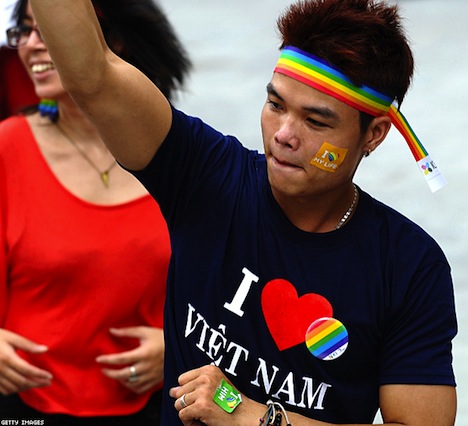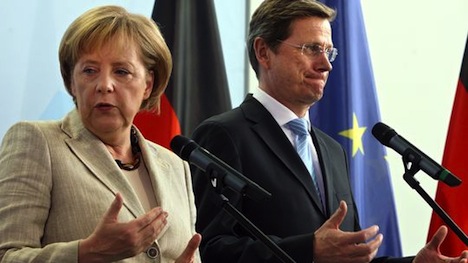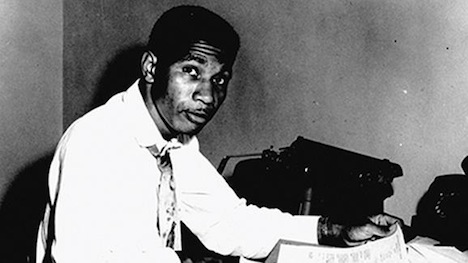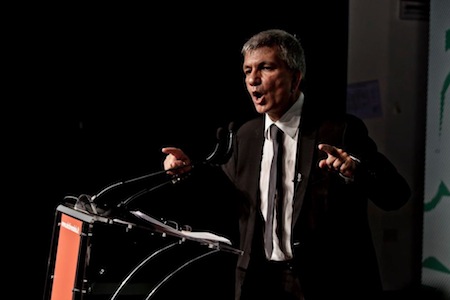Now that the House of Lords has approved changes to the same-sex bill in Parliament in the United Kingdom, same-sex marriage is set to become a reality in England and Wales (a separate Scottish bill is set to follow) under Conservative prime minister David Cameron.![]()
That follows the final enactment of same-sex marriage in France earlier this summer — though the center-right and far right have vocally opposed it, the Assemblée nationale passed the measure with ease in June, fulfilling one of president François Hollande’s key campaign promises.
Great Britain (once Scotland joins) will become the 14th nation-state to have enacted legal same-sex marriage, joining France and eight other European countries,* as well as Argentina, Brazil, Canada and South Africa. That doesn’t include México City or the 13 states (and the District of Columbia)** in the United States that have enacted marriage equality, which comes with the full set of rights and privileges of federal law following the recent U.S. Supreme Court ruling in United States v. Windsor that rules the 1996 Defense of Marriage Act unconstitutional. Last month, Germany’s constitutional court delivered same-sex partnerships a key victory by ruling that they are entitled to the same tax rights as other married couples.
So what’s the next horizon in what’s become a global fight for LGBT rights and marriage equality?
Vietnam.
Probably not what you were thinking, right? After all, Asia has not typically been the most hospitable battleground for LGBT rights.
Moreover, Vietnam is a socialist republic and a one-party state ruled by a party, the Đảng Cộng sản Việt Nam (Vietnamese Communist Party), that’s been enshrined through Vietnam’s constitution as the sole organ of political affairs since 1975, when North Vietnam formally overran South Vietnam, thereby uniting the entire country under communist rule. The Vietnamese government is repressive on just about every other vector — press freedom, internet freedom, and of course, the kind of political freedom that would allow a challenge to the governing elite. Though the country has been transformed economically as its one-time Marxist roots have been eroded into a more state capitalist approach, and its top destination for exports is now the United States (relations between the two countries have now been normalized for nearly two decades), the zeal for liberalization hasn’t met with the same enthusiasm in other quarters.
Vietnam is most well-known internationally for its economic growth — it’s a ‘Next Eleven‘ country and, while its GDP growth has slowed in recent years, it’s still poised to become a breakout economic power in southeast Asia. It’s also a party to the ambitious Trans-Pacific Partnership negotiations that could ultimately establish a free-trade zone among the United States and other South American and Asian countries.
It’s less well-known for its positions on social justice, but it would be a huge coup for the global marriage equality movement — with over 90 million people, it’s the 13th most populous country in the world, and it would be the first Asian jurisdiction to recognize same-sex marriage. Continue reading After Britain and France, will Vietnam be the next country to enact same-sex marriage?





